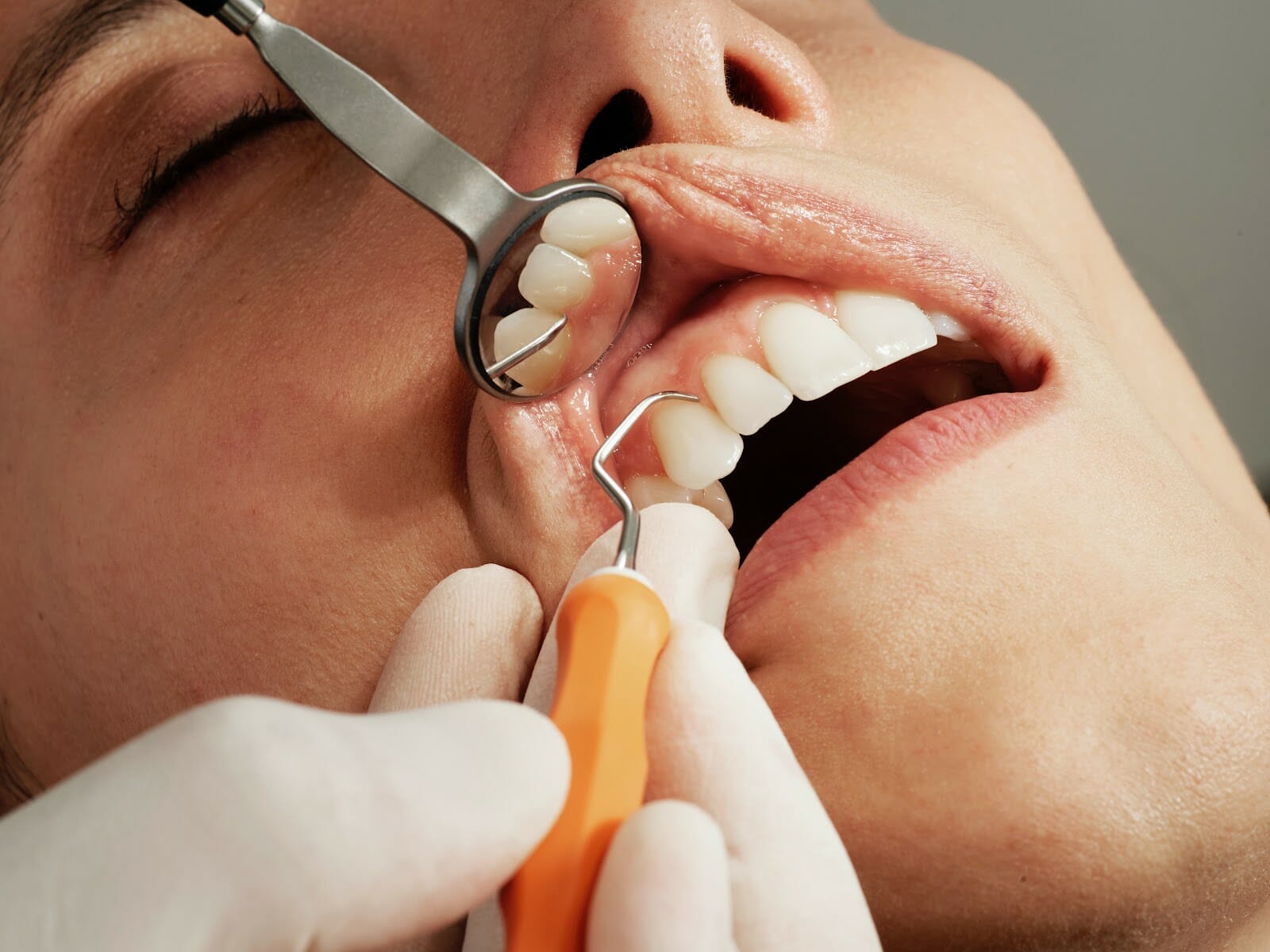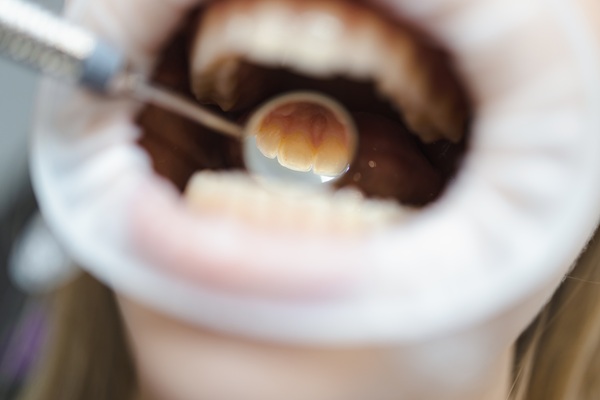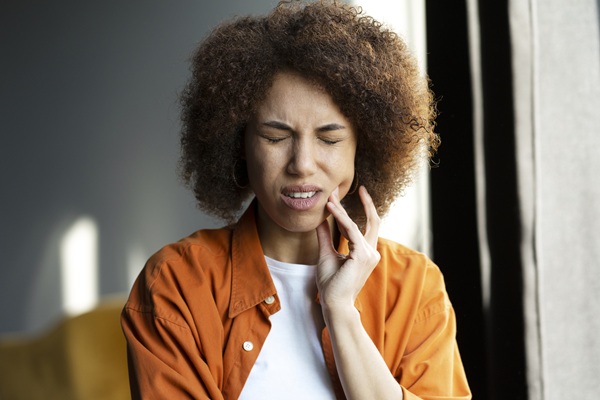While many people are familiar with Bulimia, a common eating disorder, many do not know that it can impact a person’s teeth. Bulimia Nervosa, often referred to as Bulimia, is a serious eating disorder that causes a person to eat a large amount of food within a relatively short period of time and then partake in compensatory behaviours, such as vomiting, due to feelings of guilt or shame. These self-induced bingeing episodes can cause serious health concerns and damage a person’s oral health.
Wondering what Bulimia does to your teeth? Keep reading to learn more about the signs of dental damage from Bulimia and how a person’s teeth are affected. In addition, this article will explore potential treatment options for those who have dental damage after suffering from Bulimia.
What Is Bulimia?
Bulimia is a potentially life-threatening mental illness that causes a person to binge after eating an excessive amount of food. People with this eating disorder may also develop other unhealthy habits in an effort to lose weight, such as overusing diuretics or laxatives, excessively exercising, or fasting for prolonged periods of time.
Over time, Bulimia can cause health effects, such as poor nutrition, dehydration, and other mental illnesses. Purging associated with Bulimia, which typically involves vomiting, can cause damage to a person’s teeth and gums.
Common Signs of Bulimia Dental Damage
Signs of dental damage may occur after frequent vomiting. While signs of dental damage differ from person to person, some of the most common symptoms of what Bulimia does to your teeth include:
- Enamel Erosion
- Teeth or gum sensitivity
- Dry mouth and lips
- Changes in teeth appearance
- Discolouration of teeth
How Bulimia Affects Your Teeth
Bulimia can cause oral damage in a variety of ways, which include frequent contact with vomit, excessive tooth brushing, reduced saliva, and poor nutritional intake.
Contact with Vomit
One of the main symptoms of Bulimia is self-induced vomiting. As such, individuals with Bulimia face regular contact with vomit, which contains harsh stomach acids. These stomach acids can cause damage to the teeth, leading to the erosion of enamel. In turn, this can lead to tooth sensitivity and weakening.
Toothbrushing
After frequent purging, those suffering from Bulimia are likely to brush their teeth. Excessive tooth brushing can lead to tooth abrasion and enhanced tooth sensitivity.
Reduced Saliva
Some people with Bulimia may also overuse laxatives to help lose weight. Abusing laxatives can lead to severe dehydration, which reduces the amount of saliva production in the mouth. Too little saliva can leave your teeth unprotected and more susceptible to damage.
Poor Diet
Those struggling with eating disorders like Bulimia often become deficient in important nutrients. A poor diet can negatively impact oral health.
Bulimia Teeth Treatment
Bulimia can cause dangerous health effects on both your body and mouth. If you suffer from Bulimia, early treatment is recommended to help prevent permanent oral damage.
Hygiene Program
A great hygiene program is the first step in helping to address oral damage from Bulimia. Our expert Bellevue Hill Dental staff are well informed on what bulimia does to your teeth and can help you create the best hygiene program for your needs. During your initial evaluation, our team will perform an assessment of your teeth and gums, creating a personalised hygiene schedule to help you achieve better oral health.
Crowns
Bellevue Hill Dental offers dental crowns to address tooth erosion from Bulimia. This can be a great treatment option for those who have weakened teeth as a result of frequent purging. We offer several different types of dental crowns, including ceramic, porcelain, and metal alloy crowns.
Implants
Dental implants are another treatment option for severe tooth damage. Long-term Bulimia can cause severe damage which may require implants for one or more teeth. A dental implant can help you achieve a smile you feel confident about.
Let Bellevue Hill Dental Help
If you or a loved one are struggling with Bulimia, it can be difficult to ask for help. However, delaying treatment can leave you susceptible to worsened oral damage. At Bellevue Hill Dental, we offer a helping hand to help you minimise tooth damage from Bulimia.
We also work with various charitable eating disorder organisations in conjunction with the Australian Dental Health Foundation (ADHF) and the National Dental Foundation (NDF) to provide dental to people who might not be able to afford it.
There are numerous non profit organisations such as Nation Eating Disorders Collaboration (NEDC), Eating Disorders Association Inc (EDA) to support people who have eating disorders like Bulimia.
If you have Bulimia, start today by clicking here for support:
To schedule a consultation or appointment, visit the contact us form or give us a call at (02) 9389 4748 and let us help you look after your teeth.




